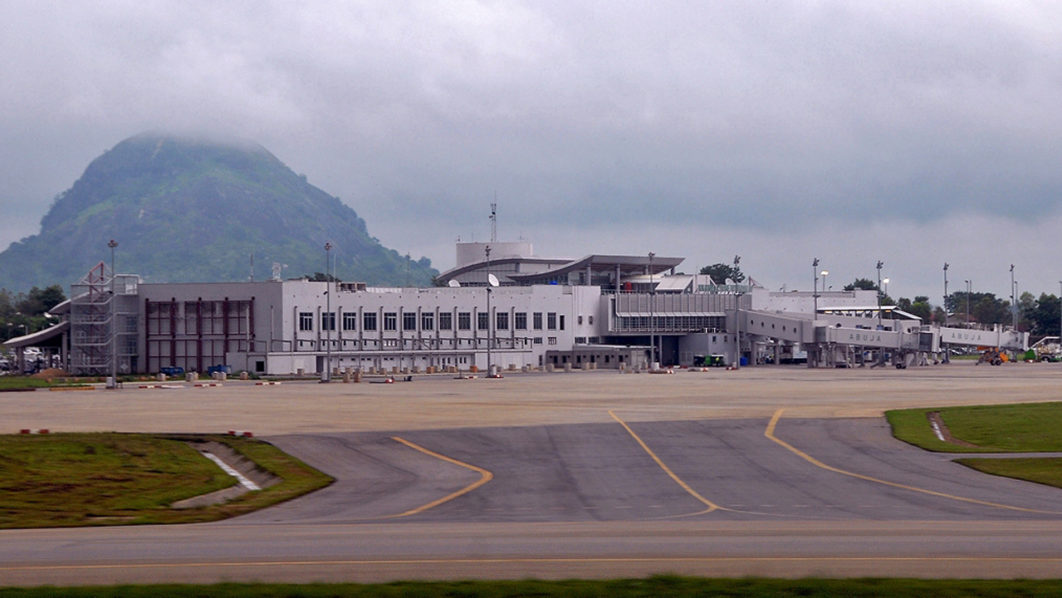
The abrupt withdrawal of services by Societe International Telecommunication Aeronautiques (SITA) has been blamed for the persistent downtime of automated check-in systems at Lagos and Abuja airports.
The disruption, which has lasted about a month, has rendered international passenger facilitation chaotic and outbound flights delayed.
The Guardian learnt that though SITA’s contract expired in May 2021, its operations were extended for another six months pending the switchover to another service provider that sent a bid and won the contract. SITA, however, shut down operations at the beginning of June over FAAN’s indebtedness.
Foreign airlines have since then been conducting passenger facilitation by improvising with alternative platforms to check-in passengers and conduct necessary screening. Some of the airlines, as of yesterday, issued handwritten boarding passes and baggage tags to the dismay of travellers.
Findings showed that both the Federal Airports Authority of Nigeria (FAAN) and the new service provider, RESA Airport Data System, were caught unawares by SITA’s withdrawal.
As part of measures to sustain the critical service, the Federal Executive Council (FEC) recently approved N10 billion to Airlington Security Nigeria Services for the automation of Common User Terminal Equipment (CUTE) in five international airports –Lagos, Abuja, Port Harcourt, Enugu and Kano.
Managing Director of FAAN, Capt. Rabiu Yadudu, confirmed that the contractual agreement between the agency and SITA had elapsed.
Yadudu told reporters that SITA refused to participate in the renewal process, which eventually led to RESA being picked as a replacement.
According to him, the current agreement with RESA was an extended exercise, emphasising that SITA failed in fulfilling some of its agreements with FAAN for over a decade, despite being paid, prompting the government to call for reconciliation of accounts.
He said: “Our agreement with SITA was due for renewal and SITA did not participate creditably in line with the Nigerian procuring process and they are fully aware. We informed them much earlier of this. However, RESA of France participated and emerged as the only winner of that procurement process. It was all done transparently.
“So, to prepare for the exit, we worked with another company called ICTS to provide the stopgap measures. During the transition, ICTS will provide the common-user self-service kiosk that is easily adoptable for passengers to use for their flight facilitation and the airlines can easily use the same kiosk within few minutes to change the name to CUTE, which we provided about 12 months ahead of the transition period just to make sure that things go on seamlessly.”
Yadudu pledged that FAAN would continue to provide the best service to its clients, stressing that the contract with RESA was an extended agreement.
Besides, he admitted that the outbreak of the pandemic led to about five months delay in payments to SITA, but assured that all outstanding payments would be settled.
FAAN, however, urged airlines, passengers and other stakeholders at Lagos airports to bear with the Authority as some facilities at the airport were functioning below capacity due to system upgrade challenges, thereby slowing the pace of passenger facilitation.
General Manager, Corporate Affairs, FAAN, Henrietta Yakubu, said while the Authority is doing everything possible to commission the brand-new international terminal in Lagos as soon as possible to reduce the stress on our customers, “we are also working assiduously to ensure that the aged equipment/facilities at the old terminal are maintained in optimal working conditions.”



